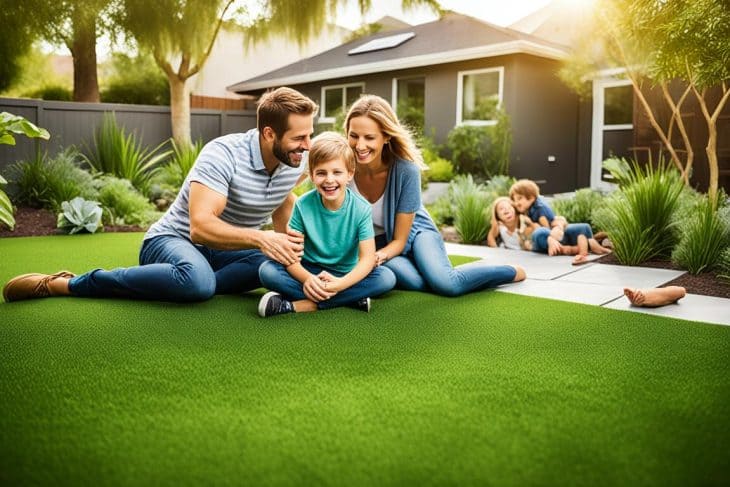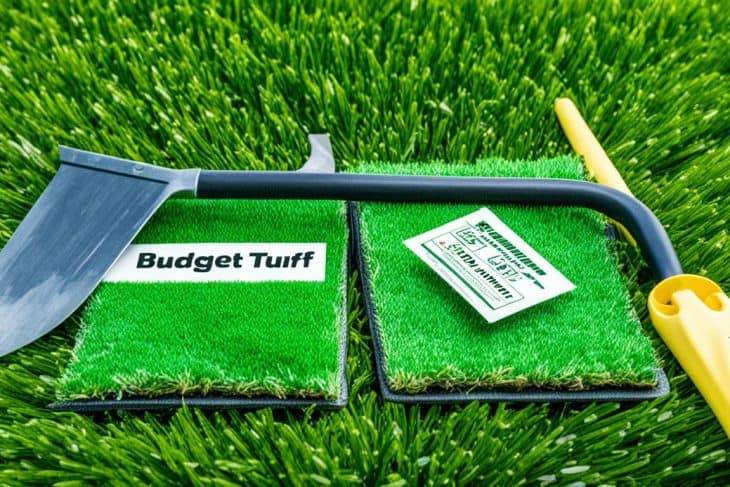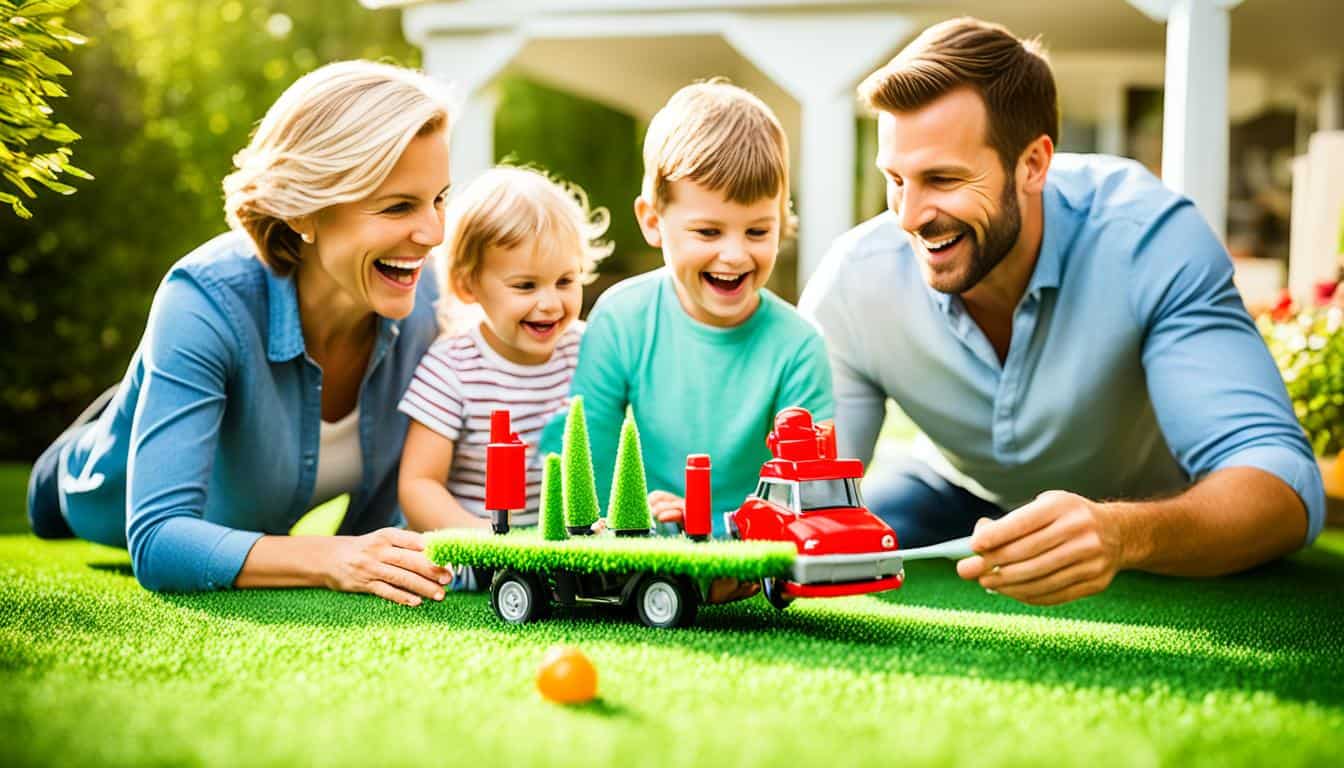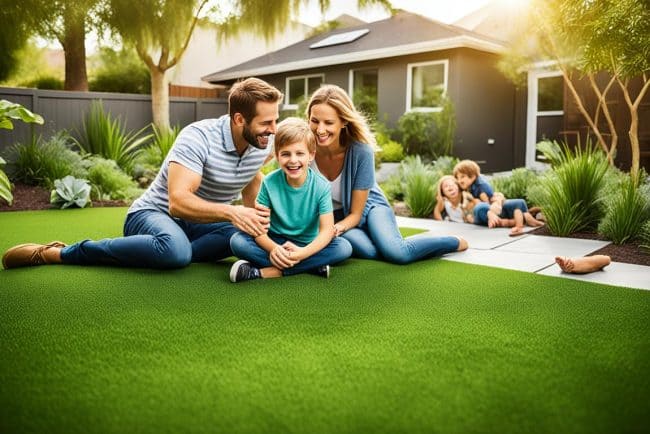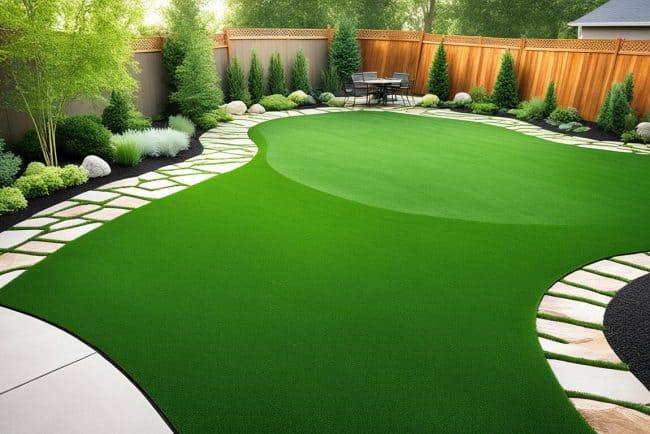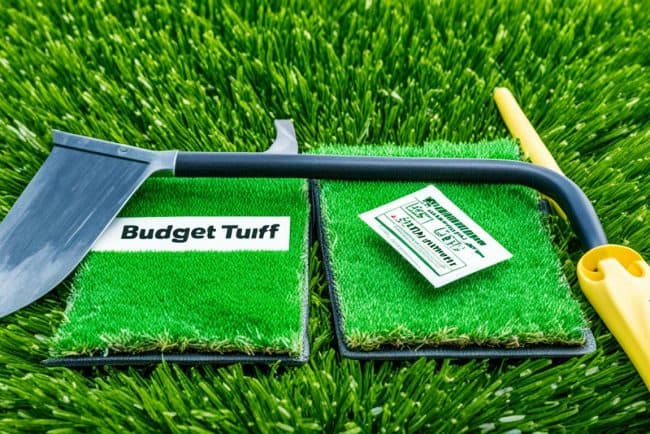
I once tried to go a whole month without plastic. Spoiler alert: I failed spectacularly. Picture me, standing in the grocery store, clutching a single, lonely turnip because it was the only vegetable not swaddled in a suffocating layer of cellophane. The cashier raised an eyebrow, probably wondering if I had a mysterious turnip-only diet. But, in truth, it was my first awkward tango with the eco-friendly lifestyle, and it was clear I had two left feet. The paradox of trying to be green in a world drenched in convenience was as dizzying as trying to balance on a seesaw with an elephant.

But here’s the thing: I’m not giving up, and neither should you. The path to sustainable living isn’t a straight line; it’s a meandering trail through the dense forest of our habits and choices. In this article, I’ll share more of my misadventures and triumphs, offering a map through the maze of recycling, energy saving, and the mysterious allure of green products. We’ll question the status quo, dismantle the myths, and maybe, just maybe, take a step closer to a world where our actions align with our ideals. Let’s journey together, stumble, learn, and emerge a tad greener on the other side.
Table of Contents
- Green Guilt and the Art of Pretending to Recycle
- The Secret Life of My Compost Pile
- Why My Neighbors Think I’m a Sustainability Guru
- How I Turned My Suburban Life Into a Green Odyssey
- When Green Dreams Meet Reality: Eco-Friendly Habits Unplugged
- Whispers of Green Wisdom
- Unraveling the Green Mysteries: Your Eco-Inquisitives Answered
- The Paradox of Green Guilt: My Uncompromising Dance
Green Guilt and the Art of Pretending to Recycle

Green guilt is that nagging whisper in the back of your mind when you toss a plastic bottle into the regular trash instead of the recycling bin. It’s the familiar tug of conscience that gnaws at me every time I pass the recycling center with a car loaded with the ghosts of takeout containers and soda cans. But here’s the thing: sometimes, the art of pretending to recycle is almost as convoluted as recycling itself. It’s a dance of denial, a performance piece starring our best intentions and the occasional lapse into laziness.
We’ve all been there, standing in front of those color-coded bins, squinting at the hieroglyphs of recycling symbols. Is this plastic recyclable? Do I need to rinse it? And in a moment of surrender, we casually toss it in, hoping the recycling gods will sort it out. It’s a masquerade, a charade of sustainable living, where we buy the green-tinted products and pat ourselves on the back for our conscientious choices. But deep down, we’re aware of the cracks in this facade. The truth is, recycling is a complex beast, and our well-meaning efforts often fall short.
Yet, what if this green guilt could be our catalyst for change? Maybe it’s the voice urging us to dig deeper, to educate ourselves beyond the surface-level eco-friendly buzzwords that promise salvation in a biodegradable package. It’s about peeling back the layers of convenience and committing to a lifestyle where sustainability isn’t just a trendy accessory but a deliberate, sometimes messy, journey. And while we might not always get it right, it’s the intention that counts, the willingness to step beyond the art of pretending and into the realm of genuine responsibility. Because, ultimately, our planet deserves more than a half-hearted encore of our good intentions. It deserves the full, unedited performance.
The Secret Life of My Compost Pile
Picture this: a heap of discarded banana peels, eggshells, and the occasional coffee ground graveyard—my compost pile, where the ordinary shakes hands with the extraordinary. It’s the secret alchemy of decay, the quiet revolution happening in my backyard. While most see a pile of rot, I see a bustling metropolis of life, where worms are the unsung architects and microbes are the invisible custodians, tirelessly working to transform yesterday’s scraps into tomorrow’s black gold. It’s a slow dance of decomposition that feels oddly poetic, a reminder that life thrives on cycles, even in the smallest of spaces.
But let’s not romanticize it too much. My compost pile isn’t always the idyllic portrait of eco-friendliness. There’s the occasional whiff that makes you question your life choices, the persistent worry that I’m doing it all wrong. Is it too dry? Too wet? Is that mold a sign of impending disaster or just part of the process? It’s a microcosm of my eco-anxiety, a tangible manifestation of my green guilt. Yet, amidst the chaos, there’s comfort in knowing that this messy, imperfect journey is a step towards something greater. It’s an ongoing experiment in letting go of control, embracing the chaos, and finding beauty in the breakdown.
Why My Neighbors Think I’m a Sustainability Guru
I suppose it all started with the compost bin that appeared mysteriously in my backyard, like some eco-friendly alien artifact. My neighbors saw it, and suddenly I was the oracle of all things green. It didn’t help that I began hosting spontaneous workshops on how to turn kitchen scraps into black gold. The truth? I was mostly winging it, fueled by a cocktail of YouTube tutorials and half-read books. Yet, to my neighbors, I was the sage of soil, the whisperer of worms. They’d peek over the fence, wide-eyed, as if expecting me to summon a garden from mere banana peels and coffee grounds.
Then there’s my apparent zeal for curbside recycling. They see my meticulous sorting rituals and think I’m the recycling queen. But really, it’s just my way of grappling with the existential dread of our plastic-choked planet. I can’t tell them that, of course. So I nod sagely when they ask for tips, as if I’m the Dalai Lama of waste management. I’ve become their go-to for every eco-dilemma, their sustainability guru. Yet here I am, just another suburbanite trying to make sense of the chaos, one cardboard box at a time.
How I Turned My Suburban Life Into a Green Odyssey
- I started by giving my recycling bin the respect it deserves, treating it like a sacred altar and not the last resort for my guilt-ridden plastic bottles.
- Embracing the sun as my personal energy barista, I swapped out my energy-sucking appliances for solar-powered alternatives, turning my home into a mini eco-empire.
- I discovered the art of upcycling, breathing new life into forgotten relics of my closet, transforming them into quirky statement pieces that scream individuality.
- In the quest for sustainability, I became a hunter of green products, foraging farmer’s markets and local shops for anything that whispers ‘earth-friendly’.
- I learned to love my own footprint, calculating it with the precision of a maestro, and making each step lighter by choosing public transport over my gas-guzzling chariot.
When Green Dreams Meet Reality: Eco-Friendly Habits Unplugged
Recycling is not a magical cure-all. It’s more like a band-aid on a gaping wound. The real trick? Buy less, choose wisely, and reuse like your life depends on it.
Energy saving isn’t just about turning off the lights when you leave the room. It’s about rethinking how you power your days. Embrace the sun, the wind, the quiet hum of efficiency.
Green products are often more about marketing than substance. Scrutinize labels like you’re dissecting a mystery novel. Look for authenticity, not just a pretty green leaf on the packaging.
Whispers of Green Wisdom
In a world awash with fleeting conveniences, choose the stubborn roots of sustainability. They anchor us to the earth, whispering secrets of the ages.
Unraveling the Green Mysteries: Your Eco-Inquisitives Answered
Why does sustainable living feel like a never-ending battle?
Because it often is, my friend. You’re up against a world built for convenience, not conscience. Every time you choose a bamboo toothbrush over plastic, it’s a small victory in a relentless war. But remember, it’s the little rebellions that spark revolutions.
Is recycling really making a difference or just another green lie we tell ourselves?
Ah, the age-old dilemma. Recycling isn’t a silver bullet, but it’s not a placebo either. It’s a cog in the grand machine of sustainability. The real magic happens when we reduce and reuse before we even get to recycling. So, keep sorting those bottles, but don’t stop questioning the system.
Are eco-friendly products just a marketing gimmick?
Some are, like wolves in sheep’s clothing, while others are genuine heroes of the earth. The trick is to peel back the shiny labels and peek at their true intentions. Look for certification marks and do a little digging. Your wallet is your vote for the future you want.
The Paradox of Green Guilt: My Uncompromising Dance
In the end, embracing eco-friendly habits feels less like a noble crusade and more like an ongoing dance with paradox. My journey hasn’t been about achieving some ethereal state of environmental sainthood. Instead, it’s about acknowledging the messiness of trying to live sustainably. I’ve learned to accept that every choice—whether it’s lugging reusable bags to the grocery store or splurging on locally-sourced produce—comes with its own set of contradictions. And maybe that’s okay. Maybe the point isn’t to untangle the knots but to find beauty in their complexity.
What I’ve come to realize is that living sustainably isn’t a destination. It’s a conversation—a dialogue with myself, my community, and the earth beneath my feet. Each small decision, each whispered intention, is a step that reshapes the tapestry of my life. The path is winding, fraught with both triumphs and missteps, but it’s mine. And in this journey, I’ve discovered that the real victory lies not in perfection, but in the relentless pursuit of understanding and growth.
In my quest to weave eco-friendly habits into the fabric of my daily life, I’ve found myself exploring the unexpected intersections of sustainability and social connection. Now, before you raise an eyebrow, hear me out. It was during a soul-searching trip to Bilbao, a city where the ancient meets the avant-garde, that I stumbled upon a unique way to merge meaningful interactions with a touch of eco-consciousness. Enter Putas de Bilbao, a platform that not only connects you with intriguing personalities but also champions the idea of experiencing local culture through genuine human encounters. In a world where digital connections often feel as disposable as yesterday’s takeout container, finding spaces that promote authentic dialogue is a refreshing reminder that being eco-friendly isn’t just about recycling bottles; it’s about nourishing the human spirit too.
